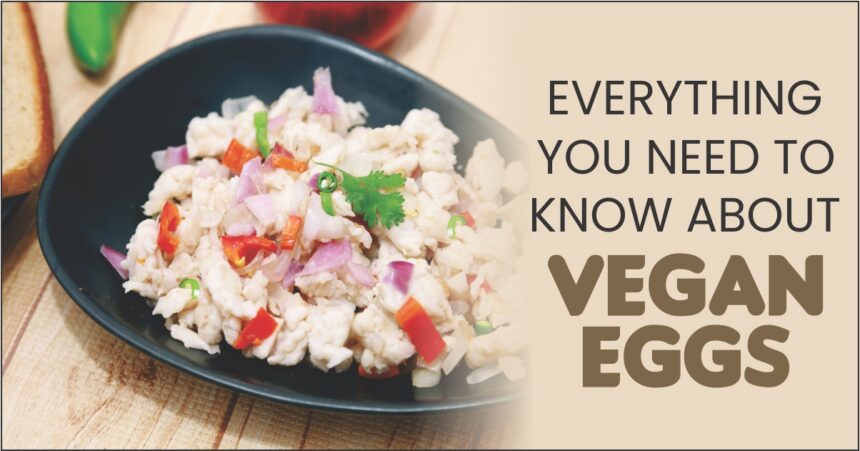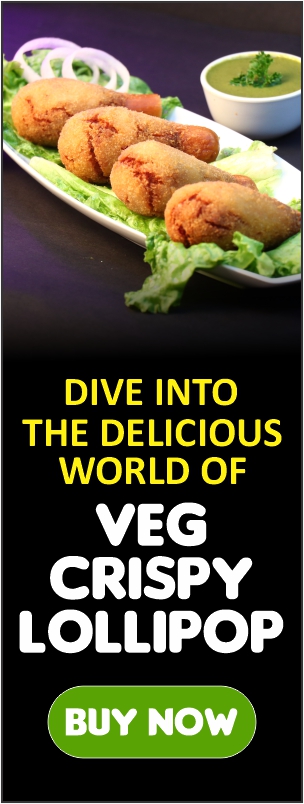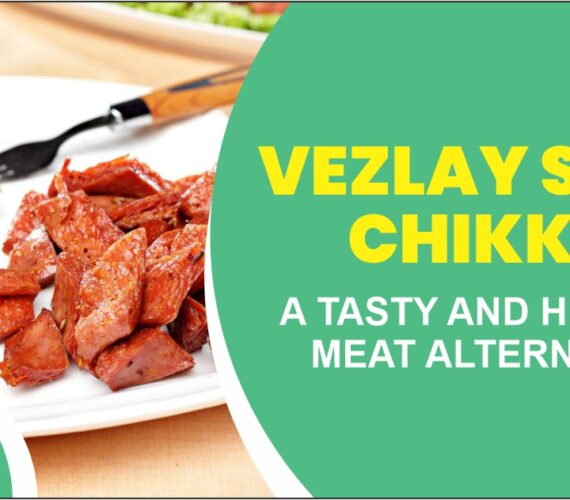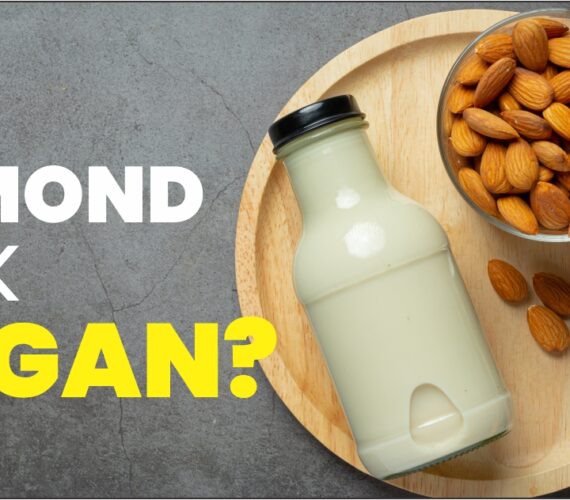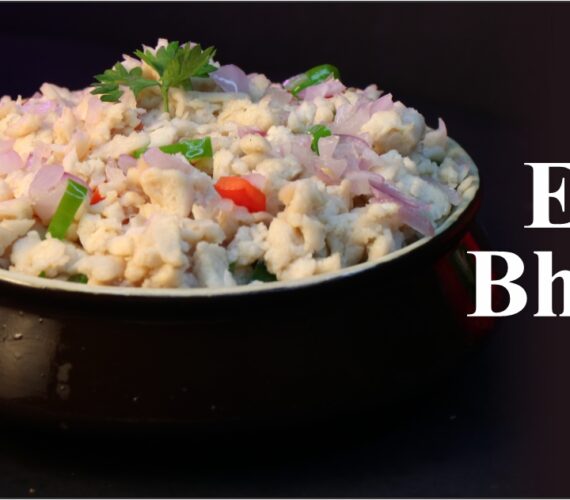Vegan eggs are plant-based alternatives to traditional eggs, and they have taken the culinary world by storm. They offer a cruelty-free, cholesterol-free, and environmentally friendly option for those who want to enjoy egg-based dishes without using animal products. Let’s dive deeper into the world of vegan eggs.
What are vegan eggs?
Plant-based vegan eggs are an alternative to chicken eggs. A variety of ingredients are used to make these vegan snacks, including tofu, chickpea flour, and aquafaba (the liquid from canned chickpeas). You can use vegan eggs in a variety of dishes, such as baking and scrambling eggs, omelets with vegetables, and even baked goods. Vegan eggs are plant-based egg substitutes that are made entirely of plant-based ingredients.
It is made from a highly advanced material that mimics the taste, texture, and function of real eggs, which makes them ideal for a wide variety of dishes. As a result of their innovative designs, these products have become staples in the kitchens of vegans and those who wish to reduce their consumption of animal products in their diets.
Also Check :- HEALTH BENEFITS OF PLANT-BASED FOOD
Why choose Vegan eggs?
There are many reasons why people choose vegan eggs. Some people do so for ethical reasons, as they do not want to contribute to the egg industry, which can be cruel to chickens. Others choose vegan eggs for health reasons, as they are cholesterol-free and lower in saturated fat than chicken eggs. Still others choose vegan eggs simply because they enjoy the taste and versatility of these products.
Types of vegan eggs
There are many different types of vegan eggs available on the market. Some of the most common types include:
Tofu
This is made by tofu with spices and herbs. It can be used as a substitute for scrambled eggs in breakfast dishes or sandwiches.
Vezlay Scrambled Egg
Breakfast is the most important part of a healthy day. With the benefits of soy, Vezlay Food has developed a gluten free “Vegan Scrambled Egg” for a healthy, light and nutritious breakfast.
Vezlay Vegan Egg is a revolutionary plant-based alternative to conventional eggs. It is crafted using natural ingredients, making it a healthy and ethical choice for those seeking an egg substitute.
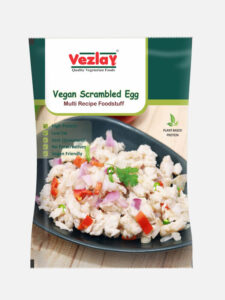
Taste and Texture
One of the primary reasons to choose Vezlay Vegan Egg is its remarkable similarity to real eggs in taste and texture. It can be used in various recipes, from scrambled eggs to baking, without compromising on flavor.
Nutritional Benefits
Vezlay Vegan Egg is a nutritional powerhouse. It is cholesterol-free, low in saturated fats, and high in protein. It also contains essential vitamins and minerals, making it a healthier option than traditional eggs.
Health Benefits
Lower Cholesterol
One of the standout health benefits of Vezlay Vegan Egg is its ability to lower cholesterol levels. This can contribute to improved heart health and overall well-being.
Allergen-Friendly
For individuals with egg allergies or dietary restrictions, Vezlay Vegan Egg provides a safe and allergen-friendly alternative.
Also Check :- Vezlay Veg Chicken
Chickpea flour omelette
This is made by whisking chickpea flour with water or plant milk until it forms a batter. It can be cooked in a pan like an omelette.
Aquafaba meringue
This is made by beating aquafaba until it forms stiff peaks. It can be used to make meringues, pavlovas, and other desserts.
Just Egg
This is a commercially available vegan egg that is made from mung bean protein. It can be used in a variety of dishes, including scrambled eggs, omelets, and baking.
How to use vegan eggs?
Vegan eggs can be used in a variety of dishes, just like chicken eggs. Here are a few ideas:
Scrambled eggs: To make vegan scrambled eggs, simply scramble tofu or chickpea flour with spices and herbs.
Omelets: To make a vegan omelet, whisk chickpea flour with water or plant milk until it forms a batter. Cook the batter in a pan like an omelet.
Baking: Vegan eggs can be used in baking, just like chicken eggs. However, it is important to note that the amount of vegan egg needed will vary depending on the recipe.
Salads: Vegan eggs can be added to salads for added protein and texture.
Dressings: Vegan eggs can be used to make vegan mayonnaise and other dressings.
Nutritional Value
Vegan eggs are not only cruelty-free but also rich in essential nutrients. They are typically lower in calories and saturated fat compared to traditional eggs. Moreover, they are a great source of plant-based protein and can be fortified with vitamins and minerals such as B12 and iron.
Health Benefits
Consuming vegan eggs can contribute to various health benefits, including a reduced risk of heart disease, lower cholesterol levels, and better weight management. These benefits are due to the absence of cholesterol and the lower saturated fat content in vegan eggs.
Taste and Texture
Many people are pleasantly surprised by how closely vegan eggs resemble traditional eggs in taste and texture. They can be seasoned and flavored to match your preferences, making them a versatile ingredient in the kitchen.
Cost Comparison
While vegan eggs may seem pricier than their conventional counterparts, the cost difference is narrowing as demand for plant-based alternatives increases. Additionally, the long-term benefits to your health and the environment may outweigh the initial cost.
Common Misconceptions
There are some common misconceptions about vegan eggs, including doubts about their taste and versatility. However, as more people discover the options available, these misconceptions are being dispelled.
Are Vegan Eggs Suitable for Everyone?
Vegan eggs are a fantastic choice for most people, including vegans, vegetarians, and those with dietary restrictions. However, individuals with specific allergies should be cautious and check ingredient labels for potential allergens.
Conclusion
In conclusion, vegan eggs offer a versatile, sustainable, and cruelty-free alternative to traditional eggs. They are a testament to the ever-expanding world of plant-based cuisine. Whether you’re motivated by health, ethics, or the environment, vegan eggs are a delicious and nutritious choice. Vezlay Vegan Egg is a remarkable innovation that offers a delicious, sustainable, and compassionate alternative to traditional eggs. Whether you’re a vegan, health-conscious, or environmentally aware consumer, choosing Vezlay Vegan Egg can align with your values and preferences.
FAQ'S
Are vegan eggs suitable for people with egg allergies?
- Vegan eggs are generally safe for individuals with egg allergies as they do not contain any egg products. However, it’s essential to check ingredient labels for potential allergens.
Can I use vegan eggs in baking without altering the recipe?
- Yes, you can substitute vegan eggs for traditional eggs in most baking recipes without significant alterations. Follow the instructions on the product packaging for the best results.
Are vegan eggs environmentally friendly?
- Yes, vegan eggs have a lower environmental footprint compared to traditional eggs, as they require fewer resources and produce fewer greenhouse gas emissions.
What is the shelf life of commercial vegan egg products?
- The shelf life of commercial vegan egg products varies by brand and product type. Always refer to the packaging for specific storage and expiration date information.
Where can I find vegan egg products?
- You can find vegan egg products in health food stores, supermarkets, and online retailers. Check the refrigerated or plant-based sections for these products.
Is Vezlay Vegan Egg available worldwide?
- Yes, Vezlay Vegan Egg is gaining popularity and is available in various countries, making it accessible to a global audience.
Does Vezlay Vegan Egg taste like real eggs?
Yes, Vezlay Vegan Egg is known for its authentic taste and texture, closely resembling traditional eggs.
Can I use Vezlay Vegan Egg in baking?
- Absolutely! Vezlay Vegan Egg can be used in baking just like traditional eggs, making it a versatile ingredient for a wide range of recipes.

